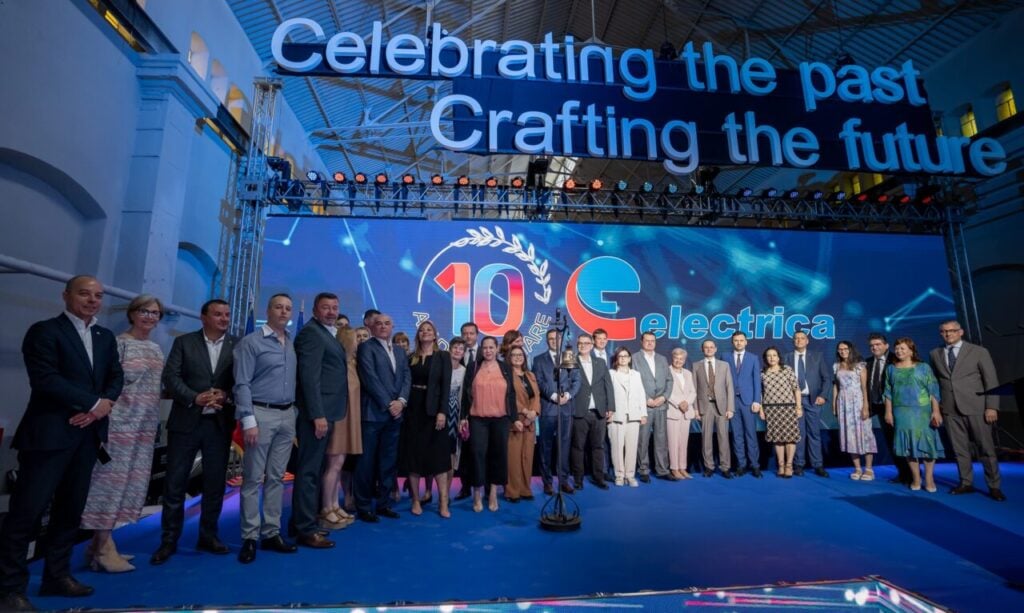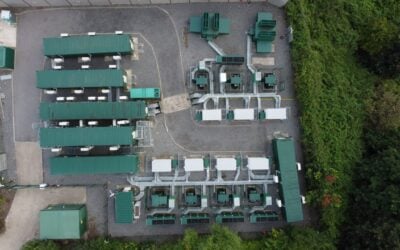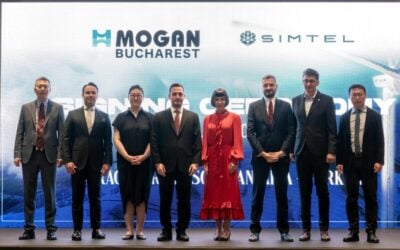
DNO and IPP Electrica has received €3.4 million (US$3.8 million) in EU grants for a c.70MWh BESS project it will build in Romania.
The listed company has won the grant funding from Romania’s portion of the EU-wide National Recovery and Resilience Plan (PNRR), for which a €103 million budget was approved by the EU in March last year.
Enjoy 12 months of exclusive analysis
- Regular insight and analysis of the industry’s biggest developments
- In-depth interviews with the industry’s leading figures
- Annual digital subscription to the PV Tech Power journal
- Discounts on Solar Media’s portfolio of events, in-person and virtual
The project will see Electrica, a distribution network operator and independent power producer (IPP) in Romania, build the battery energy storage system (BESS) and associated grid infrastructure. It will be located in Fantanele, Mures County.
The BESS will have 69.93MWh of energy storage capacity and will be connected to the National Energy System (SEN) of Romania.
Electrica said the total project value is €21.8 million excluding VAT, and that the PNRR funding covers 20% of that. That investment amount equates to a capital expenditure of US$346,714 per MWh of energy storage capacity. Electrica did not reveal which BESS technology provider it would use, nor when it expected the project to come online.
Alexandru Chirita, Electrica CEO gave a rough idea of the use cases of the BESS in a comment on the announcement: “The electricity battery storage technology offers multiple benefits, the most important being flexibility and network stability, necessary for integrating renewable energy sources. It can also contribute to cost reduction and protection of the critical infrastructure.”
The largest project online today in the country is a 24MWh system deployed by IPP Monsson with BESS from local firm Prime Batteries, which entered operations earlier this year. The largest announced project is a 204MW system from Electric Spot, which is slated for commissioning in 2028.






